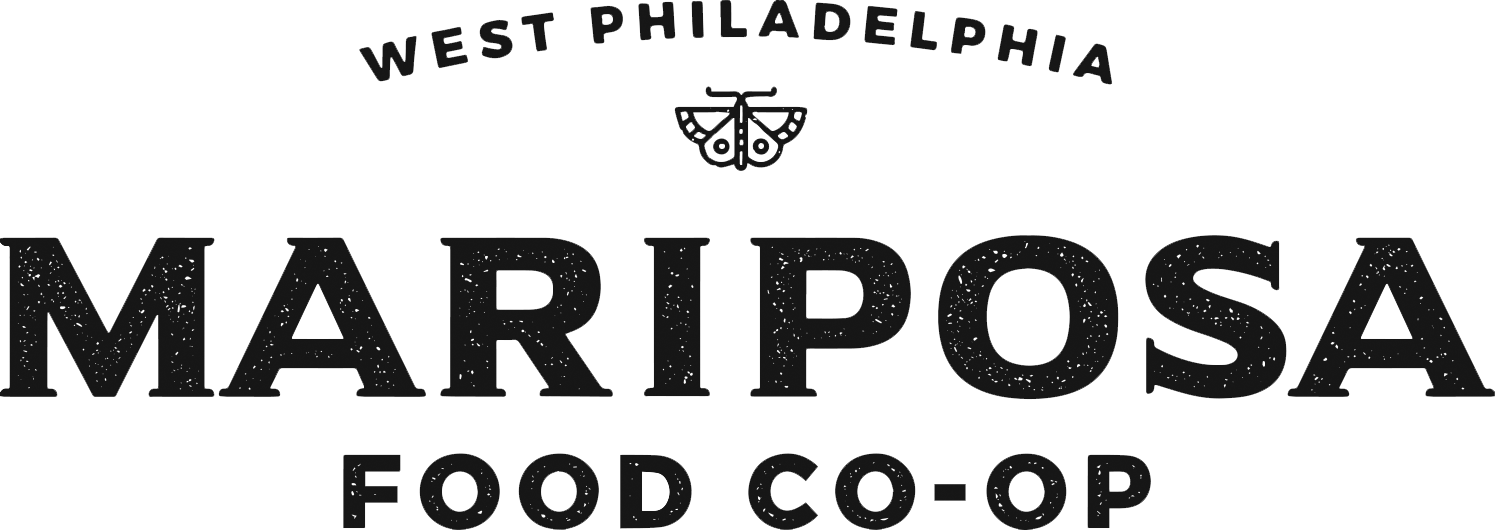A cooperative is a business that is democratically owned and democratically controlled by its members. Co-ops can be organized for the benefit of consumers, producers and workers and operate in almost all industries, including grocery markets, health care, finance, agriculture, and more.
Unlike privately owned businesses where a small amount of investors control the profits, co-ops return surplus revenue to the store and the community, an approach to business that results in a powerful economic force that benefits the co-op, its owners and the communities it serves.
You’re more than a member, you’re an owner!
From the outside, food co-ops may look like privately owned discount clubs, which charge annual fees to its members in exchange for a discount on purchases. Our members invest their money as equity and make business decisions democratically to ensure the health of the Co-op and community.
This is why we refer to our members as Member-owners.
Did you Know? Co-ops are All Around You
More than 800 million people around the world belong to cooperatives, and at least 100 million of them are employed by co-ops.
Philadelphia has a large co-op community made up of a variety of cooperatives, including:
The Energy Co-op, a local, renewable energy supplier
Philadelphia Credit Union, financial services
Alliance Taxi Co-op, a startup worker-owned taxi co-op
West Philadelphia Cooperative School, preschool education
AORTA, a worker-owned cooperative of consultants and facilitators devoted to strengthening social justice movements
and more.
Cooperative Principles
Cooperatives around the world, including Mariposa Food Co-op, operate according to the same seven core principles and values, adopted by the International Cooperative Alliance in 1995. Recently many cooperatives have adopted an eighth principle that asserts an unambiguous commitment to Diversity, Equity & Inclusion.
1. Voluntary & Open Membership
Cooperatives are voluntary organizations, open to all people able to use its services and willing to accept the responsibilities of membership, without gender, social, racial, political or religious discrimination.
2. Democratic Member Control
Cooperatives are democratic organizations controlled by their members—those who buy the goods or use the services of the cooperative—who actively participate in setting policies and making decisions.
3. Member’s Economic Participation
Members contribute equally to, and democratically control, the capital of the cooperative. This benefits members in proportion to the business they conduct with the cooperative rather than on the capital invested.
4. Autonomy & Independence
Cooperatives are autonomous, self-help organizations controlled by their members. If the co-op enters into agreements with other organizations or raises capital from external sources, it is done so based on terms that ensure democratic control by the members and maintains the cooperative's autonomy.
5. Education, Training and Information
Cooperatives provide education and training for members, elected representatives, managers and employees so they can contribute effectively to the development of their cooperative. Members also inform the general public about the nature and benefits of cooperatives.
6. Cooperation Among Cooperatives
Cooperatives serve their members most effectively and strengthen the cooperative movement by working together through local, national, regional and international structures.
7. Concern For Community
While focusing on member needs, cooperatives work for the sustainable development of communities through policies and programs accepted by the members.
8. Diversity, Equity and Inclusion.
Cooperatives believe we are stronger when a proactive effort is put forth to engage everyone in governance, management and representation.


